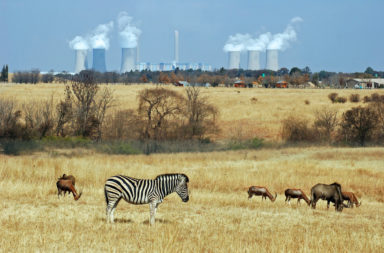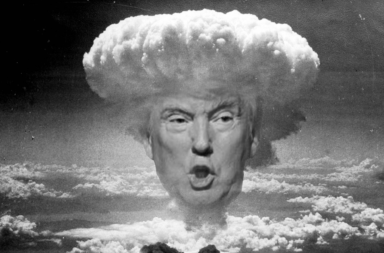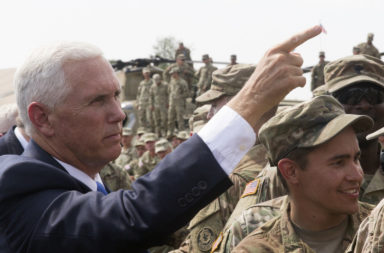Chinese President Xi Jinping arrived in Florida on Thursday to begin talks with the Trump administration. The rising tensions concerning North Korea were a high priority, with the US seeking greater efforts by the Chinese to stifle the rogue state’s actions, as stated by Secretary of State Rex Tillerson,
However, China’s relationship with North Korea is extremely complex, with the former heavily invested in the continuity of Kim Jong Un’s reign. As such, Trump’s sunny Mar-a-lago welcome may not have been enough to sway Jinping’s favor.
- Tillerson states US expectations.
- Chinese trade sanctions not enough.
- North Korean downfall not an option for Jinping.
Tillerson welcomed the Chinese premier to America on Thursday with a warm handshake, but his words clearly illustrated the seriousness of the “very frank discussions” to come. He elaborated on his expectations: “China can be part of a new strategy to end North Korea’s reckless behavior and security, stability and economic prosperity in Northeast Asia.”
Donald Trump arrived in Florida shortly after Xi Jinping and discussed the aims of the talks with journalists aboard Air Force One. “China will be stepping up,” he said. In an interview a week before had been more candid: “Well if China is not going to solve North Korea, we will. That is all I am telling you.’’ The US airstrikes in Syria on the night of Xi’s arrival gave more weight to his words.
The background to the tensions over the DPRK has been a marked increase in military activity and weapons testing by Mr. Kim. Since the beginning of 2016 alone, the North Koreans have carried out more than 24 missile tests. The most recent of these was on Wednesday morning, as a medium-range ballistic missile was fired from the eastern port of Sinpo.
As such, American concern over perceived Chinese indifference seems well placed. However, the Chinese would argue that they have conceded much already.
Chinese sanctions on North Korea
In light of Mr. Kim’s obstinance and his continued missile tests, China recently banned imports of all North Korean coal for the duration of 2017. This is no small gesture, as China represents almost 90% of North Korea’s exports, and coal is the main product exported. Furthermore, China also agreed to honor the most recent round of United Nations economic sanctions on the North.
The Chinese president is known to be incandescent at the actions of Kim Jong Un, who is widely suspected of organizing the assassination of his own half-brother, Kim Jong Nam, who was under Chinese protection in Macau. In addition to this, it has been more than 5 years with no official visit to Beijing by the young leader. Given China’s continuing support, which is vital to North Korea’s survival, this is considered a very public slight against the leadership in China.
Taking this into consideration, many observers pose the question – why would China continue to invest so much in the success of the rogue state? There are clear reasons for this, and they have prevailed for decades.
The North Korean buffer
The prospect of a defeated North Korea does not sit well with China. If the US and its allies were to get their way, and reunify Korea, China would most likely be faced with an American ally at its immediate border.
If a reunification were to happen, millions of North Koreans could be expected to flood across the border into China, fleeing the collapse of their nation. In such a situation, China’s north-eastern provinces – already impoverished – would be placed under immense strain.
China is also increasingly vexed at the US’ plans to deploy the Terminal High-Altitude Area Defense system (THAAD) in South Korea. The US claims its sole purpose is to protect against North Korean missiles, but China fears the THAAD is, in reality, for use against it’s own missiles.
As a result, the discussions between Trump and Xi are likely to have been fraught with tension, despite the former’s best efforts to bring levity to the table. The future of the Korean peninsula has been on a knife edge for years, and the outcome of the talks may be integral to the next stage.
However, given that the Korean War was ended with an armistice, and no peace-treaty was signed, an increase in hostilities cannot ever be discounted. With so many players and disparate interests at play, North Korea continues to represent a great obstacle to peace in the region.





